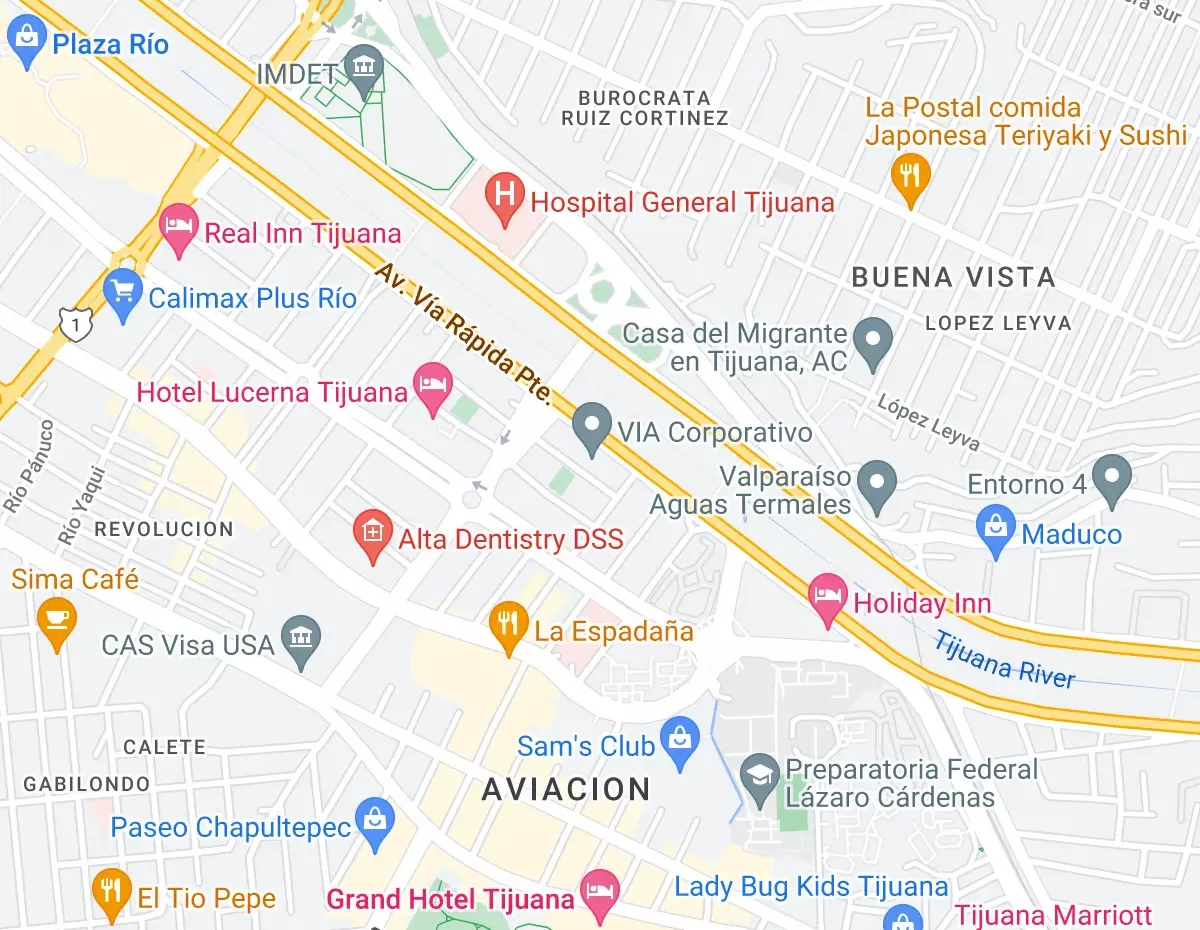Understanding the duration of ibogaine effects is essential for anyone considering its use. Ibogaine may offer profound therapeutic benefits, but knowing about ibogaine and how long its effects last can help set realistic expectations.
Taking ibogaine involves a unique experience that unfolds over several hours, and being prepared for its phases can enhance both safety and effectiveness. This guide will look into the timeline of ibogaine's effects, ensuring you are well informed about what to expect before, during, and after the experience.
Stay tuned to learn more about this powerful substance and its transformative potential.
Key Takeaways
- Ibogaine's Unique Duration and Phases: Ibogaine treatment effects can last from 24 to 72 hours, with the most intense experiences occurring within the first 12 hours after ingestion. This includes an initial onset phase, a peak experience, followed by active and residual effects. Understanding these phases helps in setting realistic expectations and ensures proper preparation for the therapeutic journey.
- Therapeutic Benefits for Addiction: Ibogaine is particularly effective in treating substance use disorders, especially opioid addiction. It significantly reduces withdrawal symptoms and cravings, providing a unique approach to addiction therapy by addressing both physical and psychological aspects. Research shows that many individuals achieve long-term sobriety after just one ibogaine session.
- Influencing Factors: The duration and intensity of ibogaine's effects are influenced by dosage, individual differences such as metabolism and psychological state, and the method of administration. Higher doses typically result in longer-lasting effects, while personal health factors can impact the overall experience. Proper dosing and medical supervision are crucial for optimizing the treatment's effectiveness and safety.
- Immediate and Long-term Effects: The immediate effects of ibogaine begin within 30 to 120 minutes of ingestion, leading to vivid visual and auditory hallucinations and deep introspection. Long-term effects often include sustained reductions in cravings and withdrawal symptoms, with many users reporting lasting psychological and emotional benefits, such as improved well-being and clarity.
- Legal and Safety Considerations: Ibogaine is classified as a Schedule I controlled substance in the US, making its use illegal domestically. However, it is legal in some other countries where it is used in clinical settings. Despite its promising therapeutic potential, ibogaine treatment carries significant risks, including cardiac complications, emphasizing the need for thorough medical screening and professional supervision.
What is Ibogaine?
Ibogaine is a naturally occurring psychoactive compound derived from the root of the iboga tree (Tabernanthe iboga), native to Central Africa. Traditionally used in medicinal and ritual contexts, it has gained attention for its potential in treating substance use disorders, particularly opioid addiction. Research indicates that ibogaine may alleviate withdrawal symptoms and reduce cravings, with some studies showing significant success rates in achieving sobriety after just one session.
Understanding the Duration of Ibogaine Effects
Ibogaine therapy is known for its profound and long-lasting effects, which can vary significantly among individuals.
Generally, the ibogaine experience lasts for about three days. The peak effects typically occur within the first 12 hours after ingestion, during which intense introspective and hallucinogenic experiences are common. Following this peak, individuals may feel physically drained and require additional rest for a couple of days.
The administration of ibogaine initiates a series of phases, with the introspective phase beginning four to eight hours after ingestion and lasting anywhere from eight to twenty hours. This phase is crucial as it allows for deep reflection and insight. Some reports indicate that the overall duration of ibogaine's effects can last from 24 to 48 hours, making it longer-lasting compared to many other psychedelics.
Ibogaine and its metabolite, noribogaine, contribute to these prolonged effects. While the peak experience of ibogaine is around 12 hours, the total duration of effects can span up to two days or more, depending on individual factors. Ibogaine in the treatment of various conditions requires understanding these timelines to manage therapy effectively.
Duration of Ibogaine Effects
Understanding the duration of ibogaine hydrochloride effects is crucial for those undergoing a treatment session. Patients treated with ibogaine often experience varying timelines, and some may require a second or third treatment session to achieve desired outcomes. Below, we explore these aspects in detail.
1. Initial Onset
- Timeframe: Effects typically begin within 30 to 120 minutes after taking ibogaine.
- Experience: Users treated with ibogaine may initially feel a sense of calm or introspection, often accompanied by visual and auditory changes.
2. Peak Experience
- Timeframe: The peak effects generally occur 2 to 4 hours after ingestion.
- Duration: This peak can last for about 6 to 12 hours.
- Characteristics: During this phase, ibogaine may induce intense visual and auditory hallucinations, deep emotional insights, and a profound sense of connectedness. The administration of ibogaine often leads users to significant psychological processing, which can include confronting past traumas or addictive behaviors.
3. Active Effects
- Timeframe: After the peak, the active effects continue for an additional 12 to 24 hours.
- Experience: Users treated with ibogaine may still feel altered perceptions, though these are less intense. The experience can include a sense of clarity or emotional release. Some individuals may require a second or third treatment session to achieve their therapeutic goals.
4. Residual Effects
- Timeframe: Following the active phase, residual effects can linger for up to 48 hours.
- Characteristics: During this time, individuals may feel a sense of calm, introspection, or emotional stability. Opioid withdrawal symptoms may be alleviated, and some users report a lingering sense of insight or clarity regarding their life choices, aiding in the management of opioid withdrawal symptoms.
Total Experience Duration
In total, the entire ibogaine therapy experience can last anywhere from 24 to 72 hours, depending on individual factors such as dosage, personal metabolism, and psychological state. The most intense and transformative experiences are concentrated within the first 12 to 24 hours. Understanding the duration of ibogaine in the treatment is essential for preparing individuals for the profound journey and ensuring they have adequate support throughout the process.
Factors Influencing Duration
The duration of ibogaine effects can be influenced by various factors, including the presence of noribogaine, the method of administration of ibogaine, and the specific context of treatment of substance use disorders.
Dosage, individual differences, and the method of administration all play crucial roles in shaping the ibogaine experience. Understanding these factors is essential for optimizing the effectiveness and safety of ibogaine hydrochloride during a treatment session.
Below, we explore these aspects in detail to provide a comprehensive overview of how each factor impacts the duration of ibogaine's effects.
Dosage
The dosage of ibogaine hydrochloride significantly impacts the duration and intensity of the experience. Higher doses typically result in longer-lasting effects, with the initial phase of intense introspection and hallucinations lasting up to 24 hours or more.
During a treatment session, careful consideration of the appropriate dosage is crucial, as it must be tailored to the individual's needs and their specific treatment of substance use disorder. Overdosing can lead to prolonged and potentially overwhelming experiences, while underdosing may not provide the desired therapeutic benefits.
Individual Differences
Individual differences, such as personal metabolism, psychological state, and history of substance use, can greatly influence the duration and nature of the ibogaine experience. Those with opioid use disorder, opioid dependence, or opioid addiction may experience different effects compared to those with no history of substance use.
Factors such as body weight, age, and overall health also play a role. Understanding these individual differences is crucial for tailoring the treatment session to achieve the best outcomes for each patient.
Method of Administration
The method of administration of ibogaine can also affect how long the effects last. Ibogaine is typically administered orally, but the route of administration can influence the onset and duration of its effects.
Some methods may result in a quicker onset but shorter duration, while others may produce more prolonged effects. In the context of detoxification treatment, the chosen method of administration should align with the patient's needs and the goals of the therapy.
Legal and Regulatory Factors
The legal status of ibogaine varies worldwide, influencing its availability and the contexts in which it can be used. Ibogaine as a Schedule I substance in some countries limits its use in research settings, while in others, it is used legally in clinical settings.
These regulatory factors can impact the accessibility and control of ibogaine treatments, affecting how and where they can be administered. Despite these challenges, many have successfully used ibogaine as part of comprehensive detoxification treatment programs.
Closing Thoughts
Ibogaine and noribogaine have shown promise in addressing heroin addiction and alleviating the signs of opioid withdrawal. The unique properties of ibogaine treatment for problematic opioid use can lead to profound insights and significant emotional and psychological healing. Understanding the nuances of ibogaine's effects, from onset to residual phases, is crucial for optimizing treatment for problematic opioid consumption.
If you or a loved one is struggling with opioid addiction, consider the transformative potential of ibogaine therapy by visiting our ibogaine treatment clinic in Mexico.
Contact New Roots Ibogaine today to learn more about our comprehensive treatment options and start your journey toward recovery.




